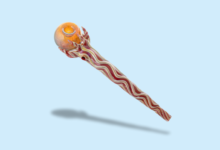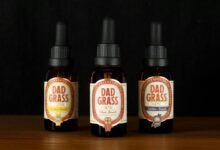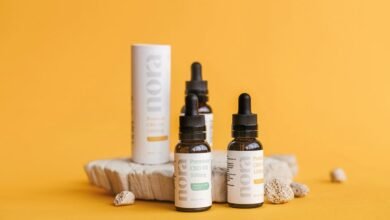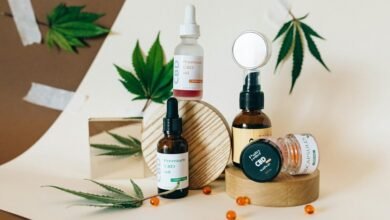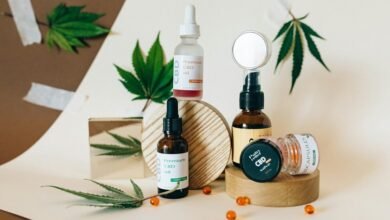Will Cbd Show up on a Drug Test?
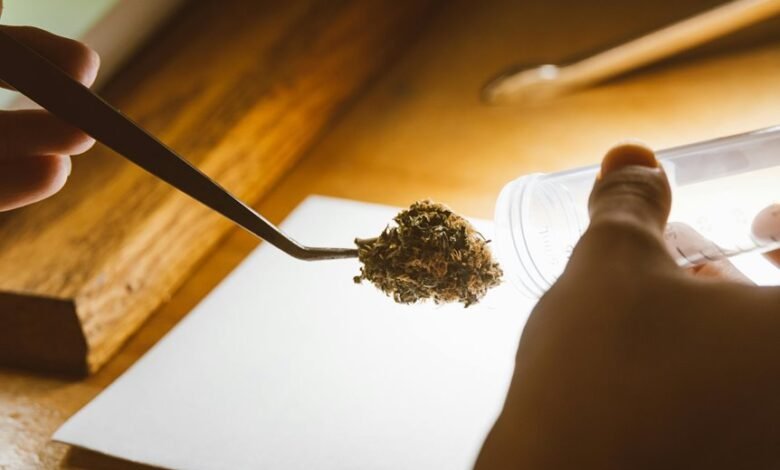
The question of whether CBD will show up on a drug test is complex. CBD products vary significantly in their THC content. While pure CBD is unlikely to trigger a positive result, full-spectrum products may contain trace amounts of THC. This raises concerns for users subject to drug testing. Understanding the distinctions between CBD types is crucial for those who wish to avoid complications. What implications does this have for daily users?
Understanding CBD and THC: The Basics
Although CBD and THC both originate from the cannabis plant, they possess distinct properties and effects that set them apart.
CBD is known for its potential therapeutic benefits, including pain relief and anxiety reduction, without the psychoactive effects associated with THC.
In contrast, THC produces euphoria and alters perception, which can lead to varying effects on mood and cognition.
Understanding these differences is crucial for informed choices.
Types of CBD Products and Their THC Content
When exploring the various types of CBD products, it is essential to consider their THC content, as this can significantly impact user experience and drug testing outcomes.
Full spectrum CBD contains a range of cannabinoids, including up to 0.3% THC, potentially triggering positive drug tests.
In contrast, CBD isolate is THC-free, making it a safer choice for those concerned about drug screening.
Factors Influencing Drug Test Results
Various factors can influence drug test results, particularly for individuals using CBD products.
Testing methods vary in sensitivity and specificity, impacting the likelihood of detecting THC, even in trace amounts.
Additionally, detection windows can differ based on individual metabolism, dosage, and frequency of use.
Understanding these variables is crucial for users concerned about potential positive results on drug tests.
Tips for CBD Users to Avoid Positive Drug Tests
Navigating the complexities of drug testing while using CBD products requires careful consideration to minimize the risk of a positive result.
Users should opt for broad-spectrum or isolate CBD consumption methods, which contain no THC.
Additionally, understanding the different drug test types can help users select products that are less likely to trigger a positive outcome, ensuring a more informed and cautious approach to CBD use.
Conclusion
In the landscape of CBD, where wellness meets risk, the contrast between relief and consequence looms large. While CBD alone may not trip a drug test, the lurking presence of THC in full-spectrum products can cast a shadow over user intentions. By choosing broad-spectrum or isolate options, individuals can navigate this delicate balance—seeking the light of health without stumbling into the darkness of unintended results. Informed choices illuminate the path to safe CBD consumption.

